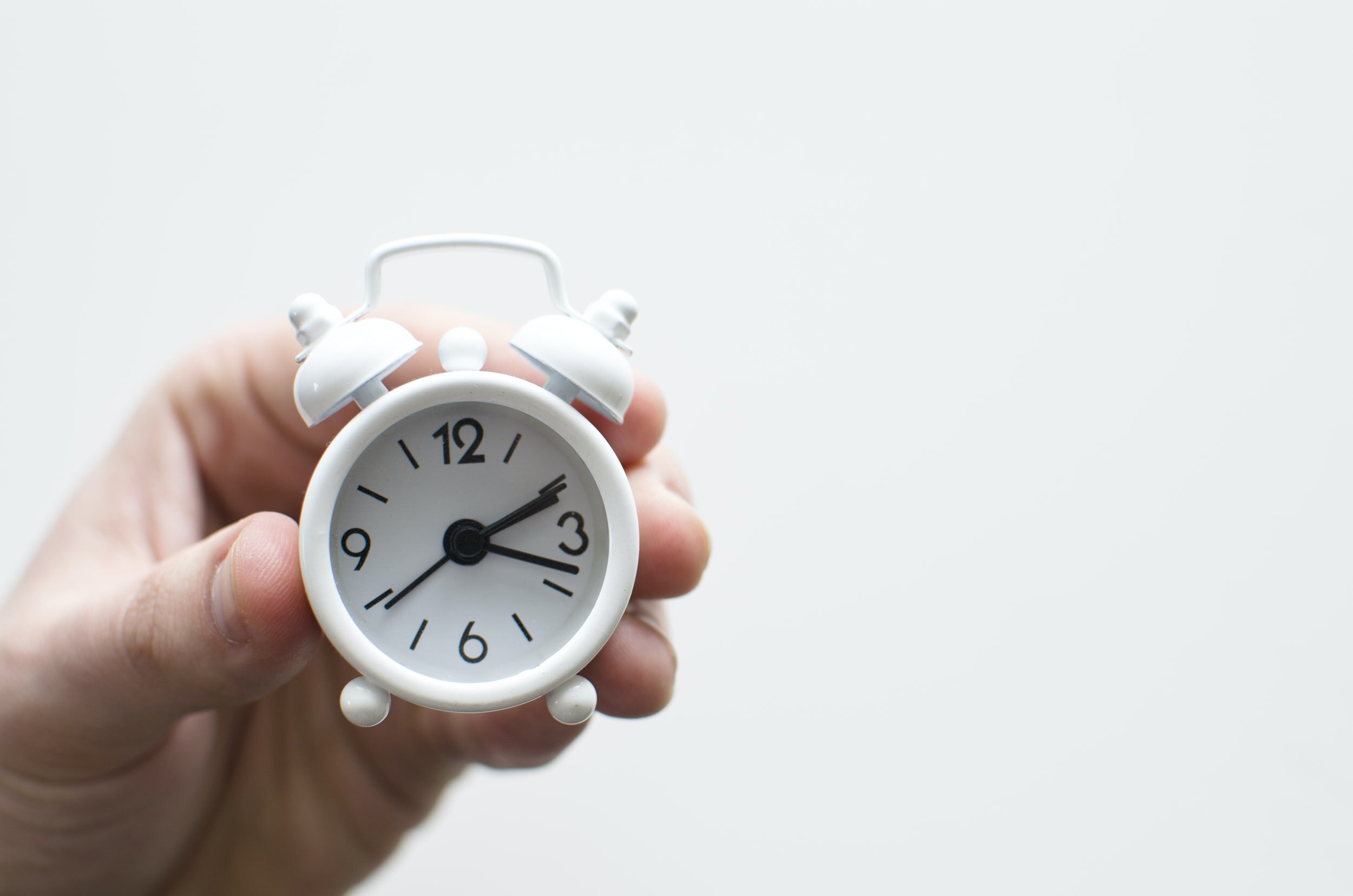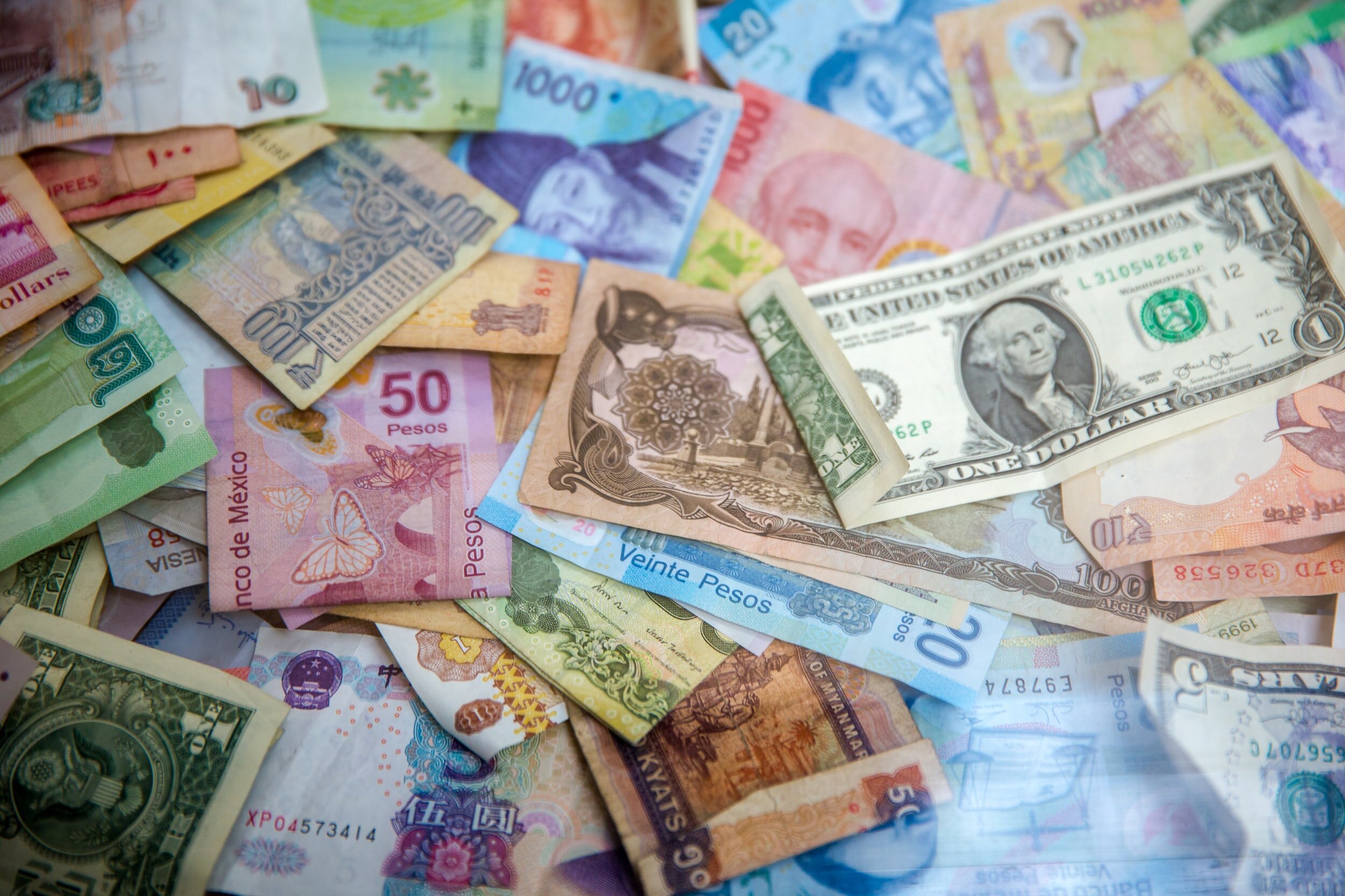Getting to the Truth of Time
Time is a beautiful, precious abstract concept that we all treasure. Our language constantly references the passing of time: ‘I don’t have time,’ ‘where has the day gone,’ and ‘if only I could stop time'. The presence and importance of time in our lives has evolved through history to a point where we have become obsessed with it. Time and money are both fundamentals in our lives, but do we really understand the relationship between them, and what they mean to us.
We Are Obsessed With Time
Our ideas about time have changed dramatically over human history. Once upon a time, there were just two times – day and night. Light and dark. Then there were mealtimes, hunt times, fight times, relax times, but these were not dictated by artificial clocks. Now we stress about running for the train, setting alarms and are essentially being ruled by the time lords.
Time dictates a large part of our life. We eat, sleep and work at times that are socially acceptable not what feels right for us. We define our lives by how we make use of our time and we attempt to increase every waking moment that we can. This results in us forgetting our instincts and we end up serving time, not time serving us.
We have watches that we check, alarms to alert us when a certain amount of time has passed, and phones that mean we have the time on us 24/7.
We are obsessed with time.
Time Entering Our Lives
Time keeping methods have changes significantly. A long time ago, the concept of time was pretty much non-existent. Things changed, and Ancient Egyptians looked at shadows and Romans looked at sundials. The were restricted to only do this in daylight though. Even when mechanical clocks appeared in Europe in the 14th century on things like Churches, they were causal affairs, often without minute hands and they couldn’t be seen from most bedroom windows. However then pocket watches were introduced in 16th century which were an elusive status symbol to begin with and now made time much more regularly and accesible.
In modern times, we appear so restricted by time. It is an apparent boundary on our life. But in ways it is a restriction - it is the one certainty in life - that our time on this planet is limited. However, I don't believe that we have this in mind when we share views on time.
Emails are faster than letters. Washing machines faster than hand washing. We have cars, production lines, microwaves and a million other pieces of technology in our lives that make things more convenient and take dramatically less time. Yet we feel so rushed off our feet. We say ‘if only I had the time’ so much.
Changing The Word 'Time'
Our language about time has changed dramatically.
There is definitely a modern morality of “you’re on my time; I’m not paying you to lounge around.” Time appears to be something that can be purchased, and used by someone other than the individual themselves. Someone can feel like they are being robbed. A worker’s time is not his own; it belongs to the person who bought it.
How did this situation arrive that we see today, where it is normal for free citizens of democratic countries to rent themselves out in this way, or for a boss to become indignant if employees are not working every moment of “his” time?
There has been a common shift in the common conception of what time actually is. Human beings have long associated with the notion of absolute, or sidereal, time by observing the heavens, where celestial events happen with exact and predictable regularity.
David Graeber explains that in ancient times there was no expression equivalent to “time” in our language, and they could not, therefore, as we can, speak of time as though it were something actual, which passes, can be wasted, can be saved, and so forth. I do not think that they ever experience the same feeling of fighting against time or having to coordinate activities with an abstract passage of time, because their points of reference are mainly the activities themselves, which are generally of leisurely character. Events follow a logical order, but they are not controlled by an abstract system, there being no autonomous points of reference to which activities have to conform with precision.
Once time was money, it became possible to speak of “spending time,” rather than just “passing” it—also of wasting time, killing time, saving time, losing time, racing against time, and so forth.
In Time: If The Worlds Currency Were Time
The film In Time, with Justin Timberlake and Amanda Seyfried, is set in 2169 where people are genetically engineered to stop ageing when they reach their 25th birthday, when a one-year countdown on their forearm begins. At zero, the person "times out" and dies. This is a world in which time has become the universal currency, transferred directly between people or stored in "time capsules". You work for time, spend time, save time and so on. The rich earn huge sums and essentially become immortal, while the rest beg, borrow or steal to make it through the day.
I believe, that time is the currency of our world too, although slightly different to the film of course.
We often view the world as if money makes it turn. Yet, money, which is a fairly new intervention in the grand scheme of history, has converted the original currency of time into something that is more readily exchangeable. Time allows us many pleasures, from time with loved ones, to working towards things we enjoy, time spent away on holiday and new experiences. But we often get confused as we assume that money is the thing we need for these things.
Money buys healthcare, security, nutrition and a roof over your head. However, traditionally speaking, in order to get money we must exchange our time for it. Money is therefore a tradable, exchangeable currency in comparison to time which can't in itself buy these things; time has to be translated into money first. The film skips this translation and instead everything is brought and sold with time, money is simply not in their vocabulary. A bus ride costs an hour, a lunch 30 minutes and so on.
The film follows the story of a man, who has little time, having to work each day to survive, often only having '24 hours' in his wallet. He suddenly gets given a hundred years and travels to the 'rich part of town' where he finds that more time doesn't equal a better life. We get caught up with the fact that more money is better, but in reality we should want more time.
I think the films concept provides many good thinking points. Do we view time as the currency? How much value do we place on money? How would things be different if they cost time and not money? Is there such a thing as too much time or money? When buying things directly with time, would it feel differently? How important is time to you?
Changing How We Think About Time
I believe there are a few key ideas where we need to adjust and update our views on time including how it links to money.
Key Idea 1: Time and energy are more important than money
We often believe that money is scarce and hard to come by. But there is thought to be around 215 trillion dollars of money in existence. And when you take stocks, bonds, commodities, currencies and index rates into account the number is even higher - between 630 trillion and 1.2 quadrillion.
So maybe we have got it a bit wrong. Maybe money is not as hard to come by as we think. However our time and energy is limited. It is virtually impossible to significantly extend your life. But how often do we prioritise money above these.
We should shift our focus and start paying attention to how we are spending our time and energy and not the trading of money that we love to obsess over.
Key Idea 2: Time no longer equals money
There is a strong narrative that time equates to money. Lots trade their time for money, eg 1 hour of work for $10. However, given the accessability, increased leverage and new opportunities that the internet has provided, this is no longer a necessity.
Now, a wide array of skills can be exchanged for money: creativity, orginality, ambition, intelligence and in a more broader sense adding value to the world.
The ‘work hard = money’ formula no longer works as time and effort are not the only things required to make money.
We can now use our minds to make money. Through good judgements and decisions, through being able to see opportunities not everyone else can, through using the internet to your advantage. Through adding amazingly creative value to the world. We live in a world where we do not need to trade our time for money anymore.
Key Idea 3: We always have time to do what matters
When we convince ourselves that 'we don't have enough time' - what do we mean and is this true.
We need to realise that we have the power to control our time. That we will always find time to do the things that matter to us. It is a case of working out what matters, what precious activities deserve our time and energy, instead of trying to buy more time. This is essentially a process of priortisation, thorugh working out your values and how to allocate that time between them.
And then we need to align our environment, our habits, the people we are around, our work, our daily routines around these values on how we want to choose to spend our time.
Final Points
The finiteness and shortness of life is what makes living so special. It creates stakes in life, something to lose. Without the pain of loss or potential loss, it becomes impossible to determine the value of anything at all.
Instead of trying to dodge this biological fact with more money, and convincing ourselves we never have enough time we should harness the responsibility we all have - how we choose to spend our time. This is perhaps the greatest gift we have been given.



